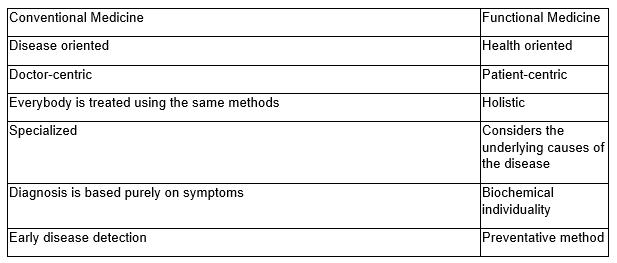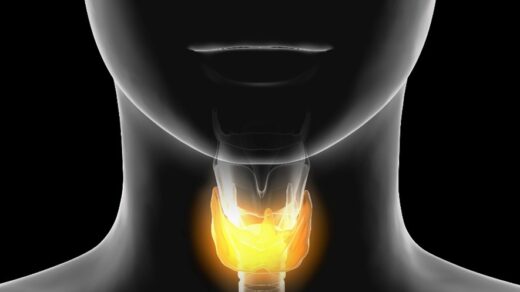
Hypothyroidism, otherwise known as underactive thyroid, occurs when the thyroid gland doesn’t produce enough hormone to meet the body’s needs. With conventional approaches typically involving side-effect-causing medications, functional medicine is a more holistic, health-focused method that patients and doctors alike are leaning towards.
Dr. John Heary says that through nutrition, exercise, and managing stress, those with hypothyroidism can manage their symptoms without dealing with medication side effects and depleting their overall quality of life.
An Explanation of Functional Medicine
According to The Institute for Functional Medicine, it’s a systems biology-based approach that focuses on identifying and addressing the root cause (or causes) of the issue.
Thus, in hypothyroidism cases, practitioners aim to understand the cause of the condition, and then formulate a plan to modify diet and lifestyle to increase metabolisms and general thyroid well-being.
Unlike conventional pharmacological therapy, functional nutrition and medicine deals with the underlying, disease-causing factors.
The following table details the primary differences for easier understanding:

How Functional Medicine Manages Hypothyroidism
Since functional medicine takes an individual approach, it’s impossible to state how a practitioner will treat a specific person’s case. However, managing hypothyroidism in this manner typically involves modification of diet, toxin exposure, activity levels, and stress relief.

The Dietary Aspect
When it comes to hypothyroidism, nutrition is perhaps the most important factor.
Nutrient-dense foods can improve the thyroid’s health, so practitioners generally advise patients remove gluten and boost anti-inflammatory food intake.
Bread, crackers, cookies, and similar foods can contribute to thyroid problems in people with gluten sensitivity. Doctors can perform gluten sensitivity blood tests to check whether this element causes inflammatory reactions. Alternatively, patients can remove gluten-containing foods from their diet for a month to see if that has any profound effects on their thyroid.
Regardless, practitioners prescribe a diet rich with anti-inflammatory foods, such as leafy greens, healthy monounsaturated fats, fruits, and vegetables. They’ll boost thyroid activity and decrease patients risks of heart disease.
In a similar vein, doctors may also suggest taking vitamin supplements like magnesium, iodine, Omega-3 fatty acids, Vitamin D, and Vitamin A.
Activity Levels
Activities like running, walking, getting outside, and participating in sports encourages the thyroid to function optimally, making it easier for the hormones to work as intended. Doctors often suggest walking ten minutes a day for three days a week to those who aren’t used to exercising, with the goal of increasing to 150 minutes of activity per week.
Toxin Exposure
Decreasing exposure to contrast dyes, radiation, and pesticides can keep thyroid hormones functioning.
Mercury is perhaps the most common toxin and is found in saltwater fish. It’s highly toxic, so many doctors suggest those with hypothyroidism avoid foods like tuna and mackerel.
Of course, practitioners will also necessitate avoiding tobacco products. And some might recommend using natural cleaners and eating organic food only.



